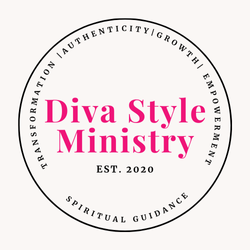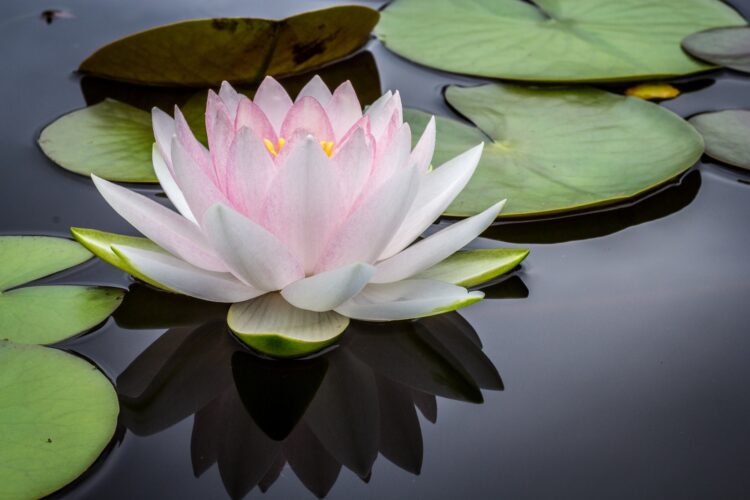Defining personal spirituality might be an impossible task. The word “personal” implies as many definitions as there are people to define it. Consider this: throughout history, man has had a need to believe in something greater than himself, chasing after everything from gods and spirits to dragons and fairies.
 One way to distinguish personal spirituality is to tell you what it is not. It’s not religion. In fact, a religious person may or may not be spiritual. There are many examples of those who attend services at mosques, temples, churches, or other religious institutions and simply “mouth” the words, never letting the underlying spirituality touch their hearts or spirits.
One way to distinguish personal spirituality is to tell you what it is not. It’s not religion. In fact, a religious person may or may not be spiritual. There are many examples of those who attend services at mosques, temples, churches, or other religious institutions and simply “mouth” the words, never letting the underlying spirituality touch their hearts or spirits.
This isn’t the truth for everyone, though. On the contrary, many people of all ages, social strata, and economic status attend places of worship because their personal spirituality is in harmony with the religious institution and the acts practiced therein.
So, if spirituality isn’t a religion, what is it? It can be described as a set of beliefs, an internal code, a way to find one’s place in the world, in the cosmos and among others. If that’s a little too vague, personal spirituality is defined in Merriam Webster as: “relating to, consisting of, or affecting the spirit.”
The spirit is further defined as “An animating or vital principle believed to give life to physical organisms.” If the whole is greater than the sum of its parts, then perhaps the difference between the whole and the sum can be defined as spirit, making spirituality what you make of your life, conscience, and beliefs.
whole is greater than the sum of its parts, then perhaps the difference between the whole and the sum can be defined as spirit, making spirituality what you make of your life, conscience, and beliefs.
In other words, you don’t need to be religious to be spiritual, but you have, whether you know it or not, a set of core beliefs designed to help you, guide you, and protect you. For example, very few “average” human beings have randomly killed a stranger. Our belief systems say it’s wrong and even dangerous because of the price we would pay (jail, revenge, etc.). We don’t steal, we don’t do a lot of things that we could do because of our spirituality.
With all this in mind, spirituality could be thought of as providing a clear definition of right and wrong, though morality is only a small part of it. Personal spirituality affects the way you see and interact with the world, and how you define and live in it. It encompasses that deep breath of satisfaction when walking into fresh air from a stifling room, the feeling of comfort and remembrance we feel when entering a favorite location, and even the messages and values that we teach to our children.
 Personal spirituality is all that and more. It shapes us, defines us, and tells others how to interact with us. It is where you find your core beliefs and is reflected in your values, which is why it’s so important not just to understand, but to experience for yourself.
Personal spirituality is all that and more. It shapes us, defines us, and tells others how to interact with us. It is where you find your core beliefs and is reflected in your values, which is why it’s so important not just to understand, but to experience for yourself.
Your personal spirituality is a work in progress, enabling you to grow beyond this world and to become part of something greater than yourself. If you’re open to it, and fortunate enough to experience it, that work in progress can be a source of learning, growth and expansion throughout your life.





